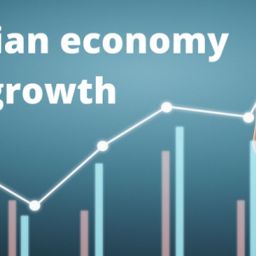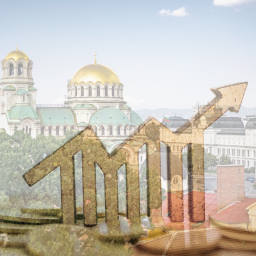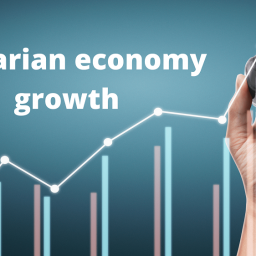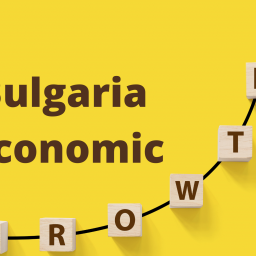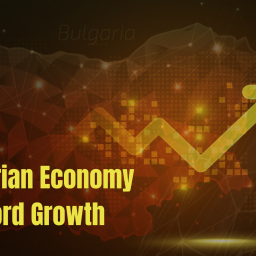
The European Commission was more optimistic about Bulgaria’s economic growth expectations this year and in 2022, raising both target figures in its winter economic forecast, released on February 11.
The revised forecast for 2021 is 2.7 per cent, 0.1 percentage points higher compared to EC’s autumn 2020 report, and the forecast for 2022 is 4.9 per cent, up from 3.7 per cent in the previous report.
“Looking forward, domestic demand is forecast to remain subdued in the first half of 2021, given the assumed extension of containment measures. The eventual re-opening of the economy should provide a boost to consumption and investment in the second half of 2021,” the report said
Strong domestic demand and more buoyant exports were the main driving factors expected to fuel that growth, with further upside possible from public investment, as the forecast did not take into account implementation of EU’s Recovery and Resilience Plan, the EC said.
The report estimated Bulgaria’s gross domestic product to have fallen by 4.9 per cent in 2020, compared to 5.1 per cent forecast in the previous report.
Bulgaria’s statistics body NSI is due to release its 2020 fourth-quarter and full year GDP flash estimate on February 16, followed by preliminary figures on March 9.
Overall, the European economy’s near-term outlook was weaker than expected last autumn, as the Covid-19 pandemic forced a number of EU member states to re-introduce or tighten containment measures, the report said.
But the breakthrough development of vaccines in late 2020 and the start of mass vaccination campaigns “has brightened the outlook beyond the near term”, the EC said. The EU economy was now expected to reach pre-crisis level of output earlier than anticipated in the autumn 2020 report, according to the Commission.
Over the next two years, annual GDP growth in the euro area is expected to be 3.8 per cent, while the EU economy as a whole was set to grow by 3.7 per cent this year and 3.9 per cent in 2022.
In its autumn report, the EC projected 4.2 per cent growth in the euro zone and 4.1 per cent in the EU as a whole, but only three per cent growth both in the euro area and the EU27 in 2022.
Source: https://sofiaglobe.com/



